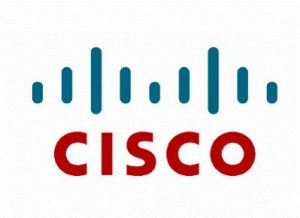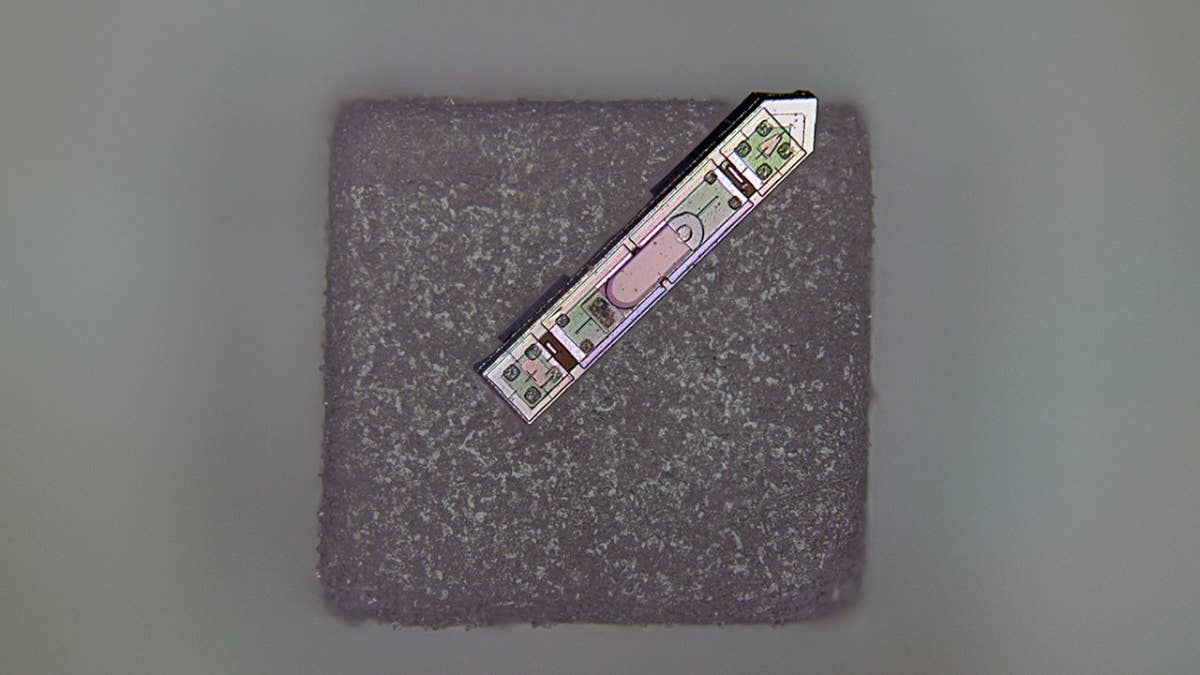Cisco Telepresence Coming To Your Home Despite Alternatives

Share

I couldn't be home for Christmas this year, so I video chatted with my family instead. The picture quality was a little spotty with breaks, freezes, and frequent ghosting. Still, the experience was passable and, best of all, it was free. Soon my video calls could get more expensive but a whole lot more life-like. According to Reuters, Cisco has just announced at CES 2010 that it will be adapting its Telepresence video conferencing for home use. Trials in homes will begin this Spring in the US and later in 2010 for France, partnered with Verizon and France Telecom respectively. Telepresence calls offer vastly superior quality to the current home webcam communicating programs like Skype, but require much greater bandwidth. Cisco will need to partner with ISPs as it expands into homes, so expect others to join the list after Verizon. If successful in bringing Telepresence to the residential market, Cisco could change the way we communicate but it faces stiff competition.
Be Part of the Future
Sign up to receive top stories about groundbreaking technologies and visionary thinkers from SingularityHub.


High quality video conferencing is cool, and it's horrifically expensive. A business quality Cisco Telepresence connectivity system costs $34k to $340k last time we checked. Typical broadband connections are more than enough to support adequate video calls, so why will consumers pay to upgrade to a new system? I don't think they will. Especially when mobile phones are getting better quality video calls. Even if telepresence comes into your home, its not quite certain where it will be. Tablet computers and netbooks are going to become much more popular, and Skype, working with LG and Panasonic, is looking to bring high fidelity video calls to your TV. Polycom, a major Cisco competitor, is working with IBM to get into the home telepresence market as well. It's still anyone's game, though Cisco's close partnerships with telecommunications companies (and its production of routers and switches) may give it a synergistic edge. As a consumer, I'm not sure I would pay for high-quality video conferencing until the price comes down significantly. Clear and crisp is nice. Cheap and dirty is better.
Related Articles

How Scientists Are Growing Computers From Human Brain Cells—and Why They Want to Keep Doing It

These Brain Implants Are Smaller Than Cells and Can Be Injected Into Veins

This Wireless Brain Implant Is Smaller Than a Grain of Salt
What we’re reading